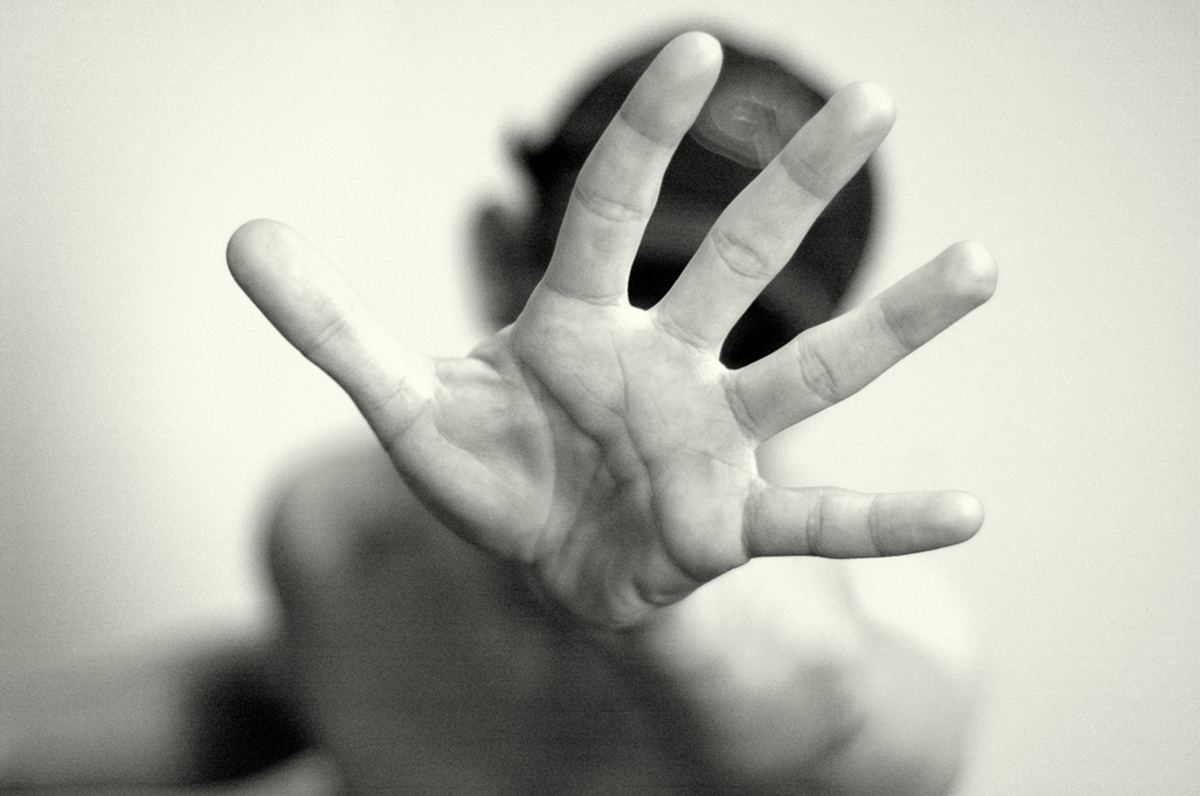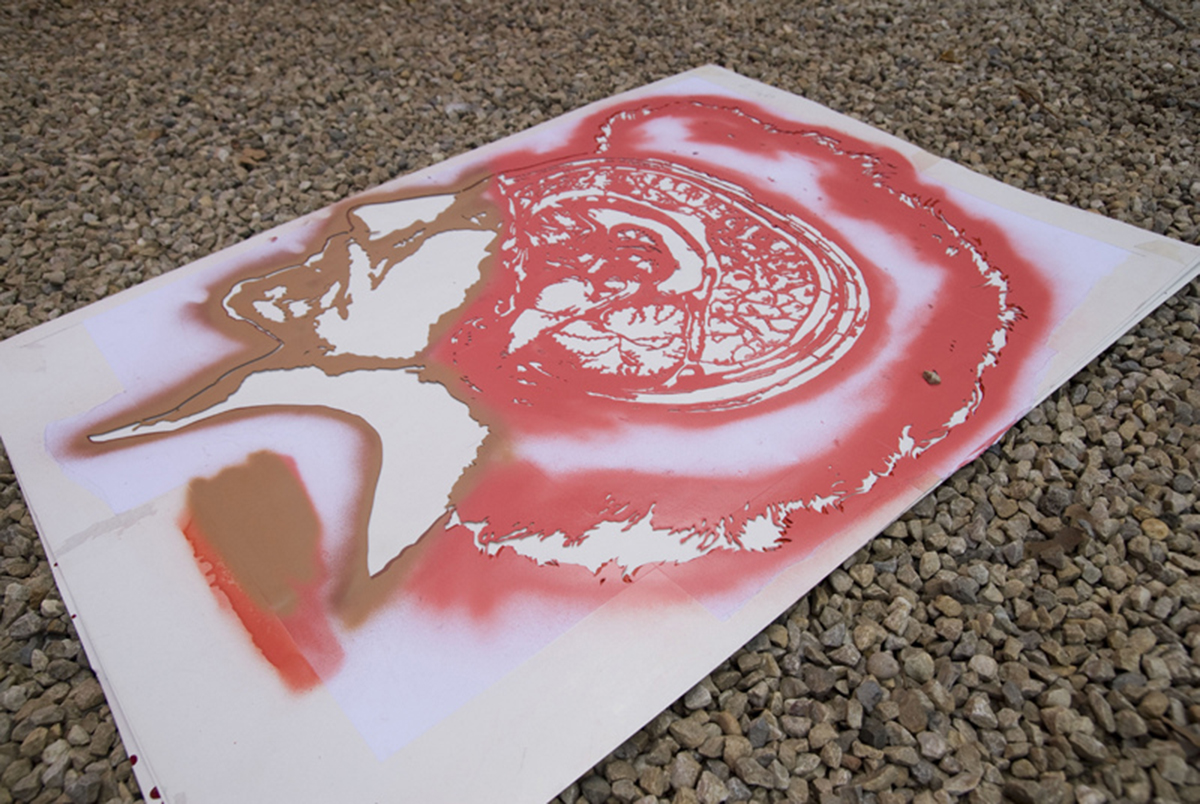What is the first thing you think of when you hear the word "schizophrenia"? If you are like most people, you are thinking of auditory hallucinations ("hearing voices") right now. While those are indeed common, there's much more to schizophrenia than that. Being familiar with the full spectrum of symptoms should help you recognize possible schizophrenia in loved-ones or people you know. It may even enable you to encourage someone to access treatment early on.

What Is Schizophrenia?
Schizophrenia is a chronic brain disorder that affects the lives of sufferers very significantly. Though the first symptoms tend to appear in adolescence or early adulthood, schizophrenia can and does strike people of any age. Symptoms tend to be more severe if they appeared earlier on in life.
With the help of a multi-faceted treatment approach involving medication, therapy, and support from loved ones and medical professionals, it is possible for many people with schizophrenia to live fulfilling and independent lives. Schizophrenia can be managed most effectively if it is detected early on, and treatment is started right away.
Schizophrenia: The Basic Symptoms
Schizophrenia alters the way in which a sufferer perceives the world around themselves. They can often, as most people know, hear and see things that are not there. This can lead them to be very weary of those around them, and they can appear to be paranoid: people with schizophrenia often believe others are conspiring against them and are constantly following or otherwise watching them. This altered perception of reality can lead schizophrenics to talk and act in ways that are confusing and frightening for others. They may become aggressive in response to things they think are happening, or they may isolate themselves from others.
The Build-Up
Though some people go into full-blown schizophrenia right away, most actually show worrying red flags that loved-ones can easily see, but have trouble putting their finger on. Recognizing these warning signs may enable schizophrenics to access treatment earlier on.
You may also notice that your loved-one uses disjointed speech, makes rather strange statements, cries and laughs at weird times, and is not able to express emotions rationally any more. People with schizophrenia may underperform at work or school, lose interest in activities that were previously important to them, and develop unusual sleeping patterns. They may become forgetful and unable to concentrate on anything, and may have a strange, flat facial expression.
See Also: Do Antipsychotic Drugs For Schizophrenia Shrink The Brain?
If you're constantly around someone during this build-up phase, you may wonder what's going on with your loved one. You may think they're depressed or suspect something else is going on. These behaviors can indeed point to many mental issues besides schizophrenia. They are always worrying signs that indicate the person benefits from professional help, however.
Schizophrenia Signs And Symptoms
- Delusions
- Hallucinations
- Disorganized speech
- Disorganized behavior
- "Negative symptoms": a lack of behaviors that "normal" people typically display.

Delusions
Delusions, firm beliefs that something is true in spite of ample evidence to the contrary, affect 90 percent of schizophrenics. Though common, these delusions do vary greatly in nature. Let's take a look at some of the more common types of schizophrenic delusions.
The belief that people are out to get you when that is simply not true is called "a delusion of prosecution". People with schizophrenia may believe that the police is after them though they have not committed a crime, that their boss is trying to ruin their reputation, or that people in the neighborhood are conspiring against them.
A delusion of reference is the feeling that naturally occurring things are sending special messages to the schizophrenic. Maybe their favorite pop star is sending messages through the TV, or aliens are contacting them through ads on the internet. In this case, the message is real, but the sufferer has the bizarre belief that it is specifically directed at them, and interprets it in ways that do not make sense to the rest of the world.
Delusions of grandeur can make someone feel like they are really special. They may think they have special powers, are destined to be someone very important, or are someone famous. Delusions of control, meanwhile, lead a schizophrenic to think that someone is planting thoughts in their head, or alternatively transmitting their own thoughts to someone else.
Note that not all of these are present in all schizophrenia patients, and as with the other symptoms, they may not be present at all.
Hallucinations
Everyone is familiar with the concept of hallucinations. Hallucinations are sensations that are very real to the sufferer, but they do not exist outside their own minds. They can involve all senses, but auditory hallucinations — hearing things that are not there — are most common. The voices a schizophrenic hears are usually critical and frightening, and may order them to take certain actions.
Disorganized Speech
Strange speech patterns are very common in schizophrenics, and can partially be seen as a direct results of hallucinations and delusions. They may repeat things multiple times, ramble on, and use rhyming words with no apparent meaning. They may also shift from one topic to a completely unrelated one and say things that make no sense.
Disorganized Behavior
Disorganized behavior is another schizophrenia symptom. Not only can this involve a general struggle with daily functioning, it can also involve a lack of impulse control. The person's behavior may be unpredictable and erratic, and will appear bizarre and meaningless to the world around.
Negative symptoms
"Negative symptoms" is another term to describe the absence of behaviors that are normal in healthy people. It's what you won't see in many schizophrenics. They include a lack of normal, healthy emotional expression, connecting with other people, and an interest in the world around them. People with schizophrenia may not be interested in self-care including personal hygiene, and lack motivation and enthusiasm.
See Also: Is Obsessive Compulsive Disorder A Risk Factor For Schizophrenia?
Don't Armchair Diagnose
These symptoms should give you a general insight into the behavioral patterns and inner world of schizophrenics. If these behaviors are present in someone you know, it's clear that they are struggling with something, and that they need help. However, never be tempted to armchair diagnose someone. Other disorders can cause behaviors that look very similar to the outside world, and symptoms like these may also be caused by Bipolar Disorder, Post Traumatic Stress Disorder, epilepsy, a brain tumor, and psychotic disorders that aren't schizophrenia.
- Photo courtesy of CarbonNYC [in SF!] via Flickr: www.flickr.com/photos/carbonnyc/4461823997
- Photo courtesy of Abode of Chaos via Flickr: www.flickr.com/photos/home_of_chaos/6002795846

